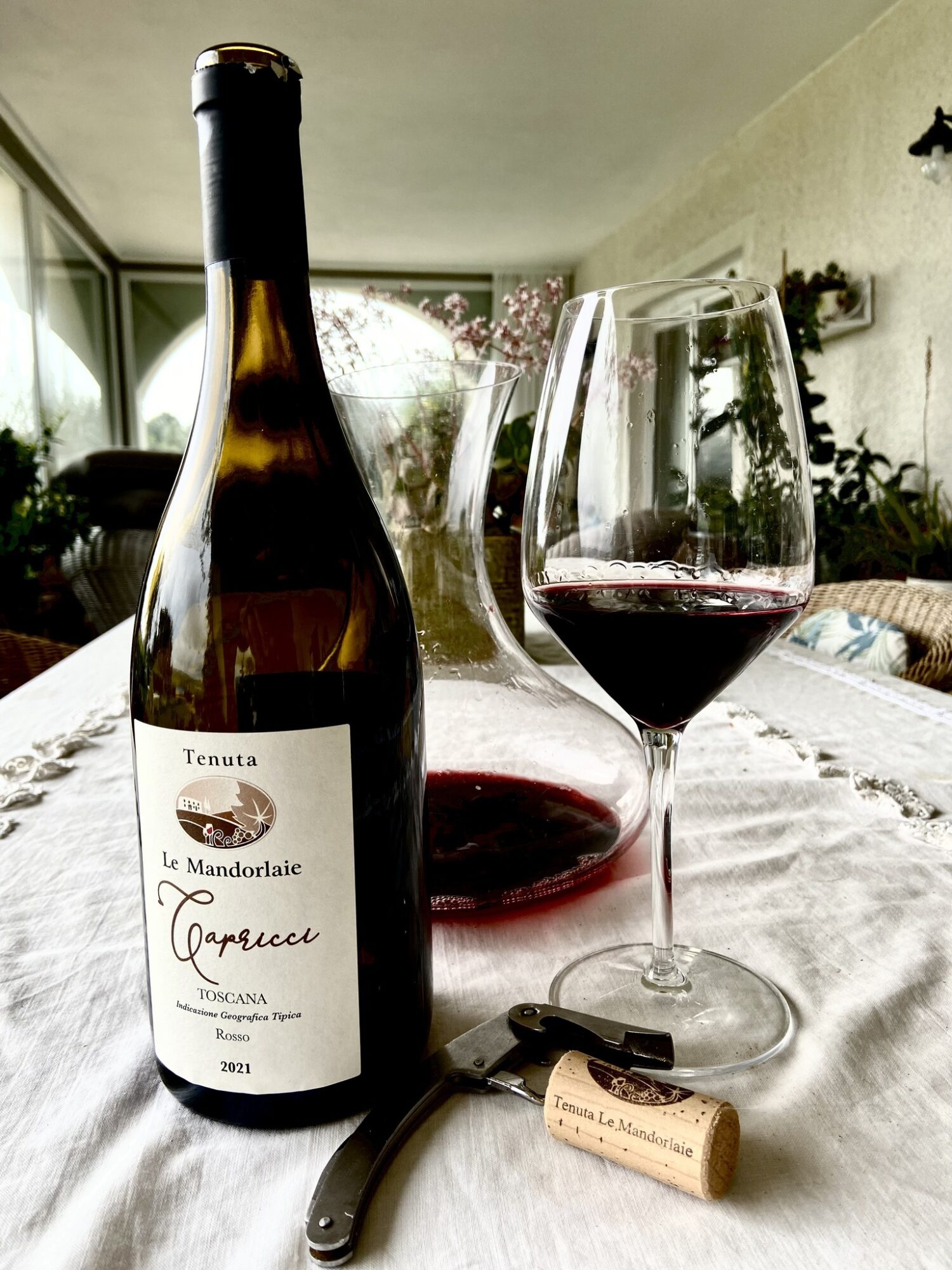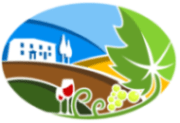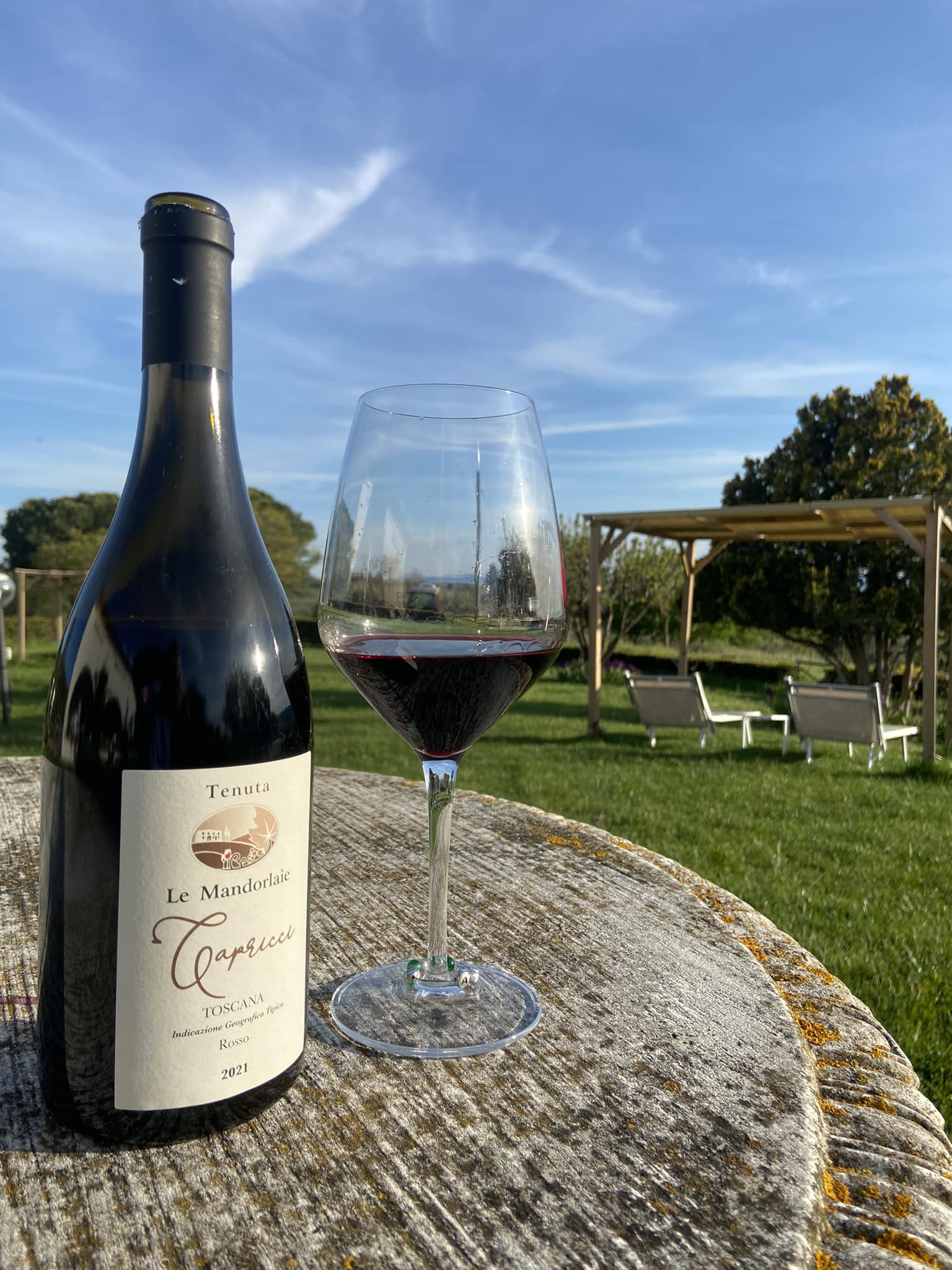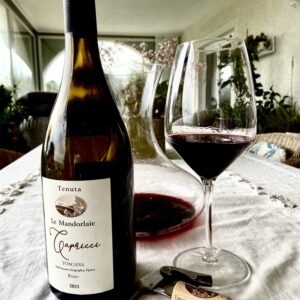
Wine tasting tips for beginners
 All about Wine Tasting
All about Wine Tasting
Wine tasting is the sensory evaluation and analysis of wine. It involves examining the color, aroma, flavor, and texture of wine to identify its characteristics and quality. Wine tasting can be done by both amateurs and professionals, and is often used to determine the value and potential of a particular wine.
During a wine tasting, the taster will typically evaluate the wine’s appearance, noting its color, clarity, and viscosity. They will then smell the wine, taking note of the aromas present, such as fruit, floral, or earthy scents. Finally, the taster will taste the wine, observing the flavors and mouthfeel of the wine, and noting its acidity, tannins, sweetness, and body.
Wine tasting is often conducted in a formal setting, such as a wine tasting room or vineyard, and may be led by a professional wine taster or sommelier. However, wine tasting can also be done in a more casual setting, such as at home with friends, or at a wine bar or restaurant.
What is the history of wine tasting?
Wine tasting has a long and rich history, dating back to ancient civilizations such as the Greeks, Romans, and Egyptians. These cultures recognized the value of wine and developed methods for evaluating its quality and taste.
In the Middle Ages, wine tasting became more formalized and was often done by monks who were responsible for producing wine. They developed techniques for evaluating the aroma, flavor, and texture of wine, and recorded their findings in written documents.
During the Renaissance, wine tasting became more widespread, as the popularity of wine spread throughout Europe. In France, wine tasting became a formalized practice, with professional tasters known as “tasters of the king” employed to evaluate the quality of wine.
In the 18th and 19th centuries, wine tasting became more scientific, as chemists and other scientists began to study the chemical composition of wine and develop methods for analyzing its properties.
Today, wine tasting is a popular activity around the world, with many vineyards and wine bars offering tastings to the public. Wine tasting is also an important part of the wine industry, with professional wine tasters and sommeliers responsible for evaluating the quality of wine and advising winemakers and consumers on which wines to buy and how to pair them with food.
Here are our tops wine tasting tips
Start with a clean palate: Before tasting, avoid eating strong flavored food such as garlic, onion or spicy food that can affect the taste of the wine. It is also important to rinse your mouth with water before tasting.
Look at the wine: Observe the color and clarity of the wine. Swirl the glass gently to check for viscosity, legs or tears.
Smell the wine: The aroma of the wine can reveal a lot about its flavor. Hold the glass up to your nose and take a deep sniff. Try to identify the different aromas such as fruit, floral, or earthy scents.
Taste the wine: Take a small sip and let it roll around your mouth. Try to identify the different flavors such as fruit, spice, or oak. Note the acidity, tannins, sweetness, and body of the wine.
Finish the wine: Swallow the wine or spit it out if you are tasting many wines. Notice the aftertaste or finish of the wine.
Cleanse your palate: Take a sip of water or eat a plain cracker between tastings to cleanse your palate.
Take notes: Write down your thoughts and impressions about each wine you taste. This will help you remember which wines you liked and why.
Enjoy the experience: Wine tasting is a fun and educational experience. Don’t take it too seriously and have fun trying different wines and exploring new flavors.
If you would like to experience wine tasting, join us at Tenuta Le Mandorlaie


